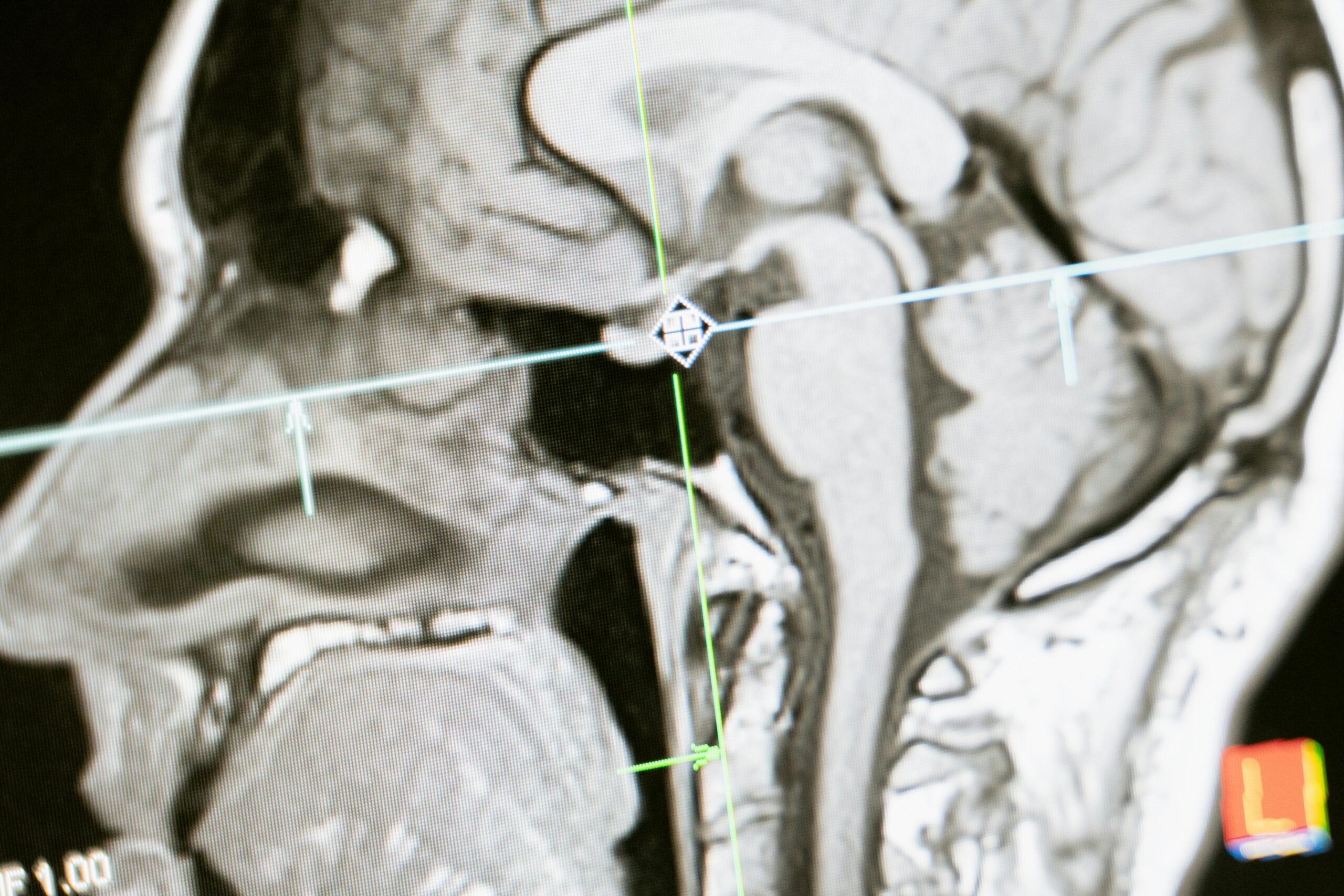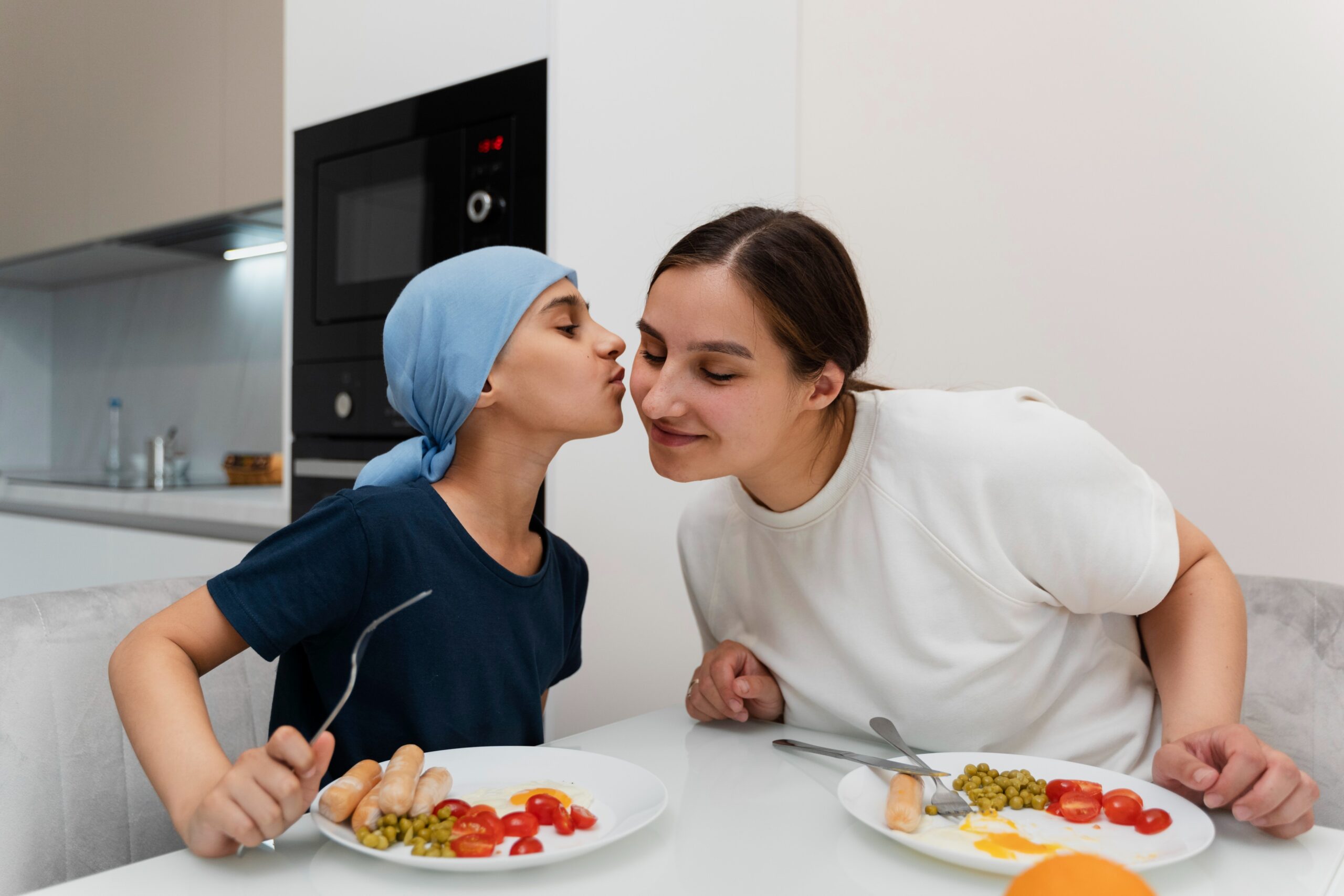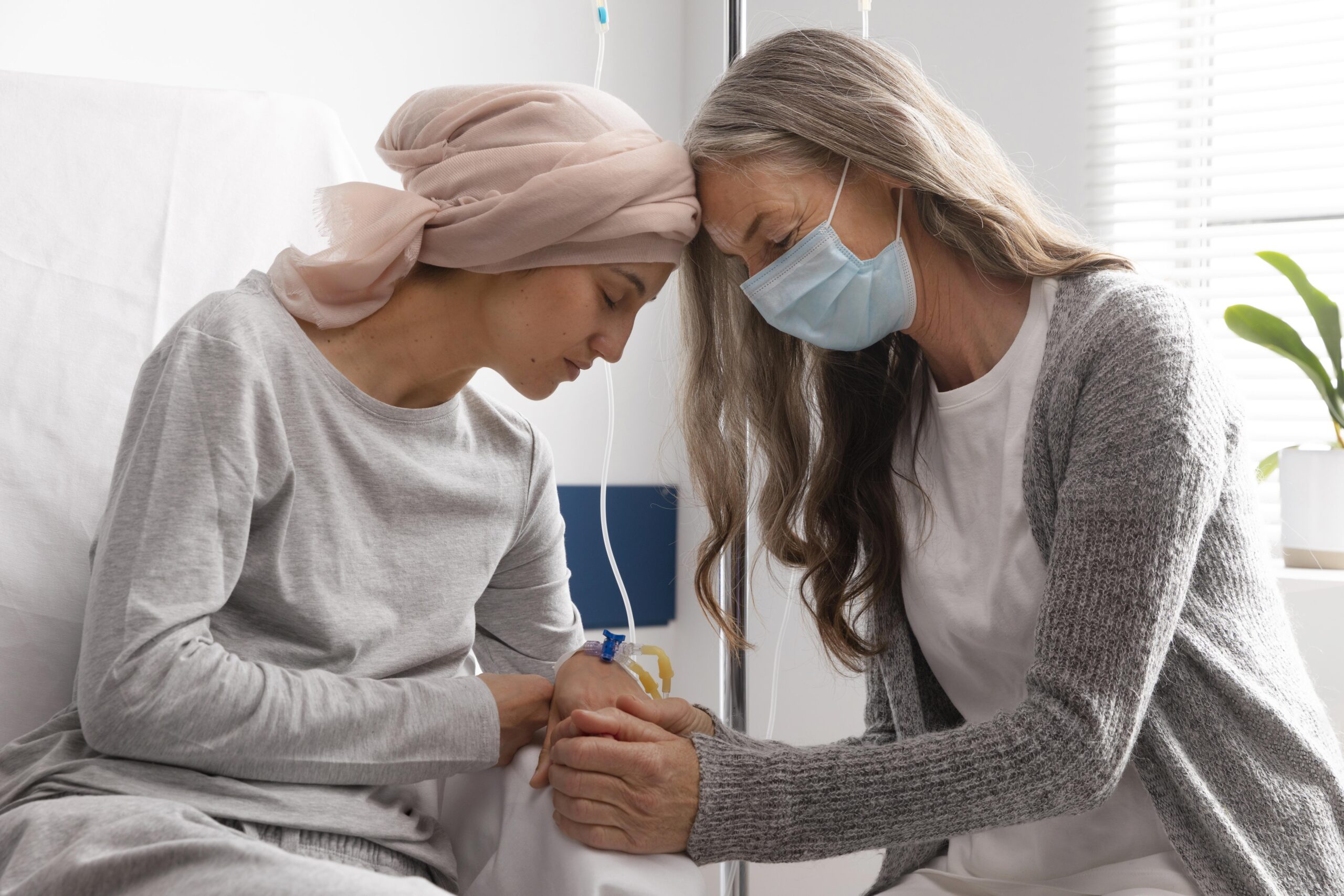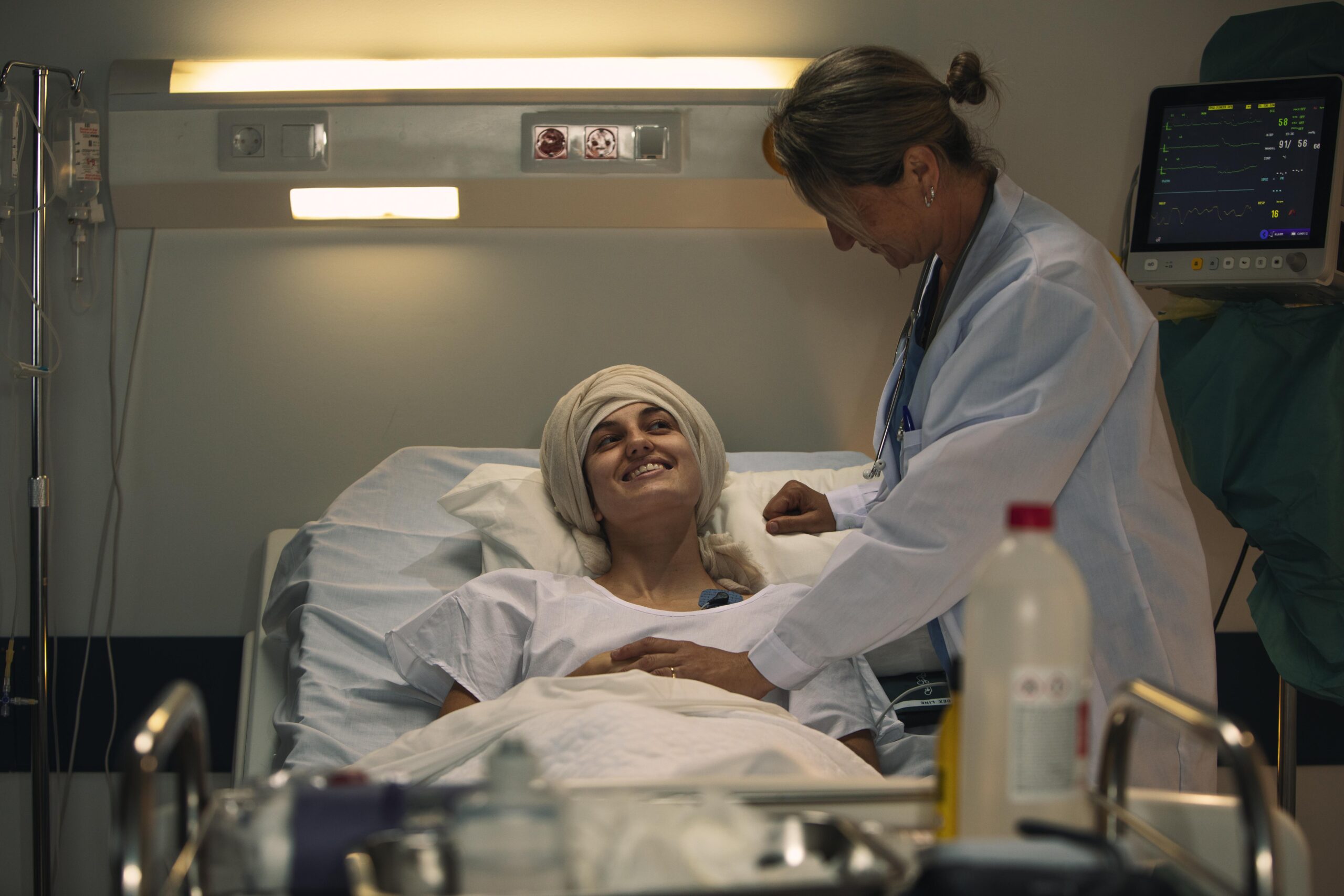Category: Lifestyle
-

Managing Chemo Brain: Coping with Cognitive Fog During and After Treatment
Cancer-related cognitive impairment (CRCI), sometimes known as “chemo brain,” describes the memory loss, concentration issues, and slower thinking that many cancer patients encounter both during and after treatment. While chemotherapy is a common culprit, other factors like stress, fatigue, hormonal changes, and the cancer itself can contribute. Common Symptoms and Causes In addition to having…
-

Ovarian & Testicular Tissue Preservation: A Hope for Cancer Patients
What Is Ovarian & Testicular Tissue Preservation? Ovarian and testicular tissue preservation is a medical procedure where a small part of a person’s ovary or testicles is removed and frozen for future use. This is mainly done for cancer patients who risk losing their fertility due to chemotherapy, radiation, or surgery. The preserved tissue can…
-

Tips for Cancer Survivors: Moving Forward with Strength and Hope
Completing cancer treatment is a huge milestone, but the journey doesn’t stop there. Many survivors face emotional and physical challenges after treatment. Here are some helpful tips to navigate life after cancer: Share your feelings You don’t have to go through this alone. Discuss your concerns and feelings with your family or friends. Together, you…
-

How Can the Immune System Fight Cancer? – Insights from Dr. Sajjan Rajpurohit
Cancer is a lifestyle-related disease, and in today’s world, a strong immune system is our best defence—not just against infections but also against cancer. In a conversation with Samara Mahindra, Dr. Sajjan Rajpurohit, a leading oncologist, discusses the role of immunity in cancer prevention and treatment. Why Is Immunity Important in Fighting Cancer? Dr. Rajpurohit…
-

Exercises for Cancer Recovery: 5 Gentle Ways to Regain Strength
Patients who have cancer and undergo treatments like chemotherapy, radiation, and surgery frequently experience extreme fatigue, weakness, and occasionally even pain. After therapy is over, this fatigue may last for months or even years. However, studies indicate that mild exercise might enhance mental health, increase strength, and hasten recovery.The trick is to start slowly and…
-

Artificial Sweeteners: Are They Really Safe?
Artificial sweeteners are sugar replacements that add sweetness to food and beverages without adding calories. A tiny quantity is required because they are significantly sweeter than sugar. Typical artificial sweeteners that the FDA has authorised include: People with diabetes or those attempting to lose weight find these sweeteners appealing since they assist in lower caloric…
-

Coping with Someone who has Cancer
It can be devastating to learn that a loved one has cancer. You may experience sadness, fear, or uncertainty about what to say or do. That is quite typical. The most crucial thing is to support them in a way that works for you both. Respect Their Privacy If you are asked about someone’s cancer…
-

Breast Prosthetics and Quality of Life: Regaining Confidence After Mastectomy
Breast cancer is a tough journey, and for many women, a mastectomy (surgical removal of the breast) can be just as emotionally challenging as the disease itself. Losing a breast can affect self-confidence, body image, and even relationships. Many women feel less feminine, avoid social situations, or struggle with intimacy after surgery. But the good…
-

Surgery as a Treatment for Cancer Patients
Cancer can be treated in a variety of ways, including immunotherapy, radiation, and chemotherapy, but surgery is still one of the most turned-to methods. Let’s look at how surgery helps cancer patients and what makes it a key treatment option. What is Cancer Surgery? Cancer surgery is removing the tumor or cancerous tissue from the…
-

Key Strategies for Wellness: Supporting Emotional Health During Cancer Treatment
Cancer treatment is not just a physical battle; The feelings of fear, anxiety, sadness and stress are common during this period. Taking care of your emotional well-being is as important as the treatment of the disease. Here are some key strategies to support emotional health during cancer treatment: Acknowledge Your Feelings It’s normal to feel overwhelmed, angry, or scared when dealing with cancer. Instead…
